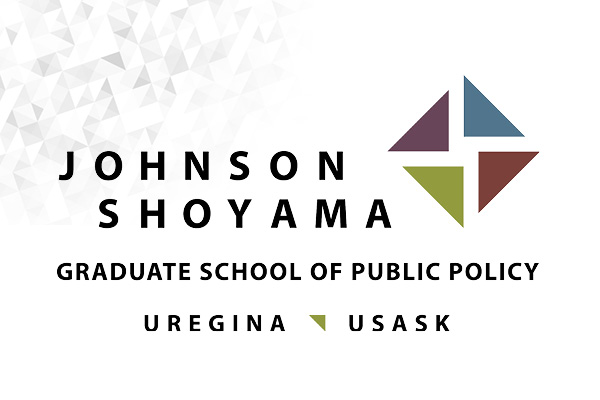
UNDP intern reports from Dhaka
Everett Berg talks about UN conference on access to justice in Bangladesh...
Reposted with permission from the College of Graduate Studies and Research at the University of Saskatchewan
Everett Berg talks about UN conference on access to justice in Bangladesh ...
 |
I have finally managed to find some time to post about my recent travels to Dhaka, Bangladesh where I attended UNDP's Strategic Retreat on Access to Justice and Legal Empowerment. It was a fascinating experience, especially for someone who has never been to South Asia.
Approximately 55 colleagues from across the globe made the journey - from headquarters in New York, UNDP Regional Centres and Country Offices, as well as representatives from civil society organizations and academia. The countries that were represented included Argentina, El Salvador, Somalia, Guinea-Bissau, Ghana, Ukraine, Indonesia, Philippines, Iran, Kosovo, Sri Lanka, Algeria, Kyrgyzstan, and of course Canada (by moi)!
Our objective was to develop an integrated vision for the global legal empowerment and access to justice strategy, taking stock of programmatic advances and lessons learned, as well as repositioning UNDP's work on access to justice and rule of law. It is highly important for democratic governance, especially legal empowerment of the poor, to be included in the design of the sustainable development goals. This was a key ingredient absent from the architecture of the initial Millennium Development Goals.
Key issues discussed were justice sector reform, programmatic measurement, formal versus informal or customary justice, women's access to justice, religion and the justice system, as well as environmental justice. Most of the debate focused on defining and building consensus for UNDP's role in supporting justice initiatives. Members agreed that the approaches taken should reflect the political, social, economic and institutional realities of member nations aligned with the legal empowerment reform. Emphasis was placed on reaffirming the importance of a human rights’ based approach.
We also had the opportunity to hear messages from invited dignitaries, such as the former Attorney General of Bangladesh, who spoke about how legal platitudes are engulfing legal reform in Bangladesh. The Office of the Prime Minister of Bangladesh representative stressed the significance of good governance and the fundamental power of democracy for instituting positive change in developing nations. The Democratic Governance Director for the UNDP at the Bureau for Development Policy in New York delivered an inspirational talk commending UNDPs efforts on access to justice thus far, and left with a challenge for delegates to work for human development, especially the vulnerable, poor and marginalized.
The daytime was spent inside, behind closed doors in meetings. In the evenings we had a chance to explore Dhaka. Bangladesh is a very young nation that has been riddled with political chaos and struggles with large sections of society living below the poverty line. In 2010, the Economics Intelligence Unit (EIU) ranked Dhaka as the second worst city in the world in which to live, citing extreme overpopulation, horrendous traffic congestion, scarcity of functioning public facilities, and lack of safety in civic areas as important factors. With all that being said, there is a mystique about the country. People of all ages work very diligently to earn a living, and the few conversations I had with Bangladeshi people always ended with the enormous amount of pride they have for their country. With excellent programs that are currently in place, there is hope for creating a peaceful and prosperous future in Bangladesh.
More information on the UNDP Intern Program at the UofS is available from the College of Graduate Studies and Research (grad.recruitment@usask.ca).
For more information on Everett Berg and his UNDP internship, please see:

